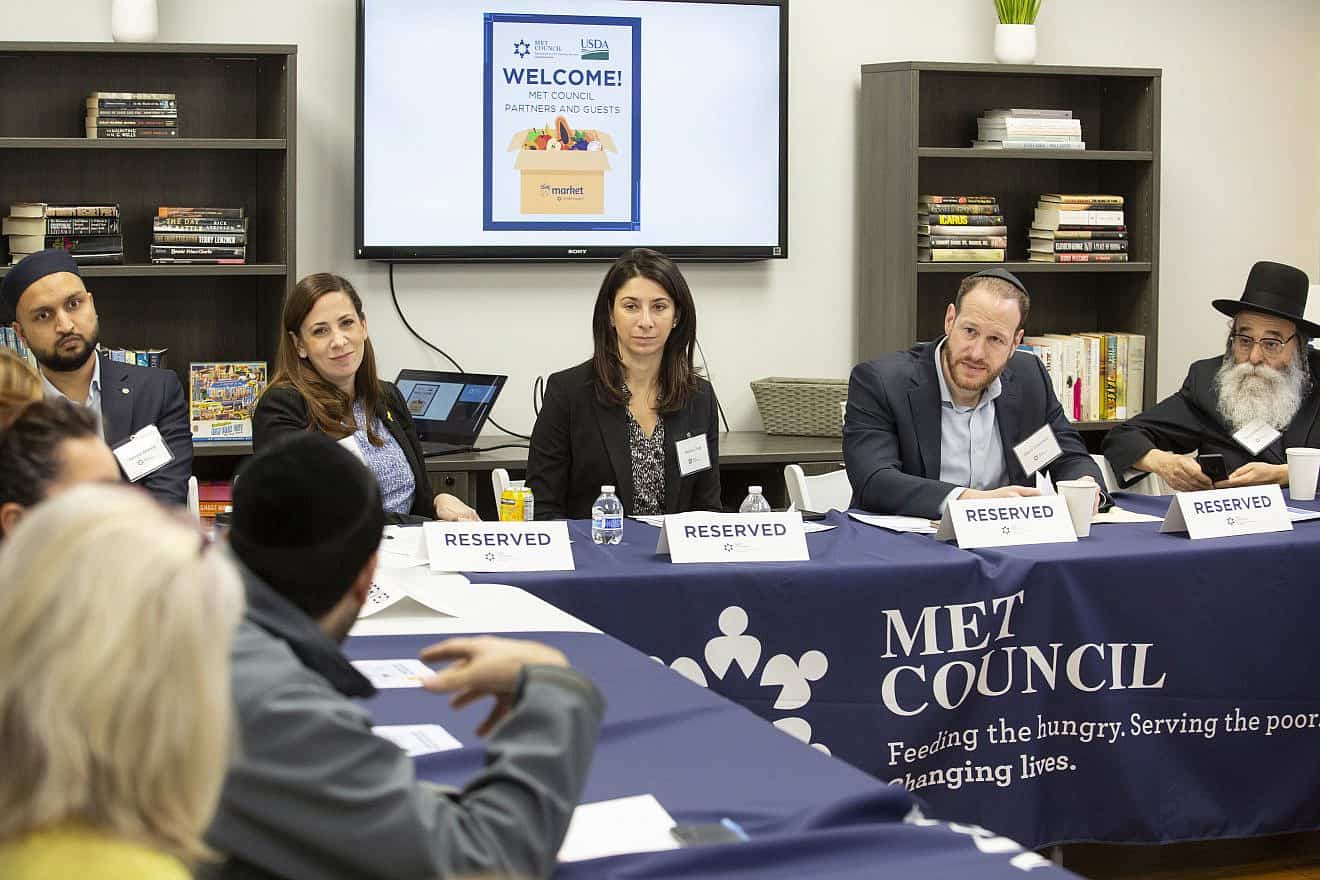Cooperative Development Institute awarded grant to help small producers establish a halal-certified cooperative

BANGOR, Maine — U.S. Department of Agriculture (USDA) Rural Development Maine State Director Rhiannon Hampson today announced that USDA is awarding Cooperative Development Institute (CDI) a Rural Business Development Grant. The nonprofit will use the $65K grant to help develop a halal meat cooperative in Maine. The new cooperative will serve the growing demand for halal meat from residents across Maine and the region. It will also help make more local meat available in the state, shortening the supply chain for residents.
“This Rural Business Development Grant award is a prime example of the way we’re using federal dollars to create a multiplier effect,” said Director Hampson. “CDI’s work with Maine food producers will foster sustainable economic development while creating more culturally diverse food options. The Biden-Harris Administration made a promise to hold equitable access to programming at the center of our work. With investments such as this RBDG for CDI, they are delivering on that right here in Maine.”
The new cooperative includes livestock growers and processors who intend to develop a halal meat brand and a halal-certified, USDA-regulated slaughter and processing facility. Based in Northampton, MA, CDI will use the grant funds to advise and train the members of the cooperative in its early stages. Some of the key assistance CDI will provide to them includes:
- conducting market and feasibility studies.
- performing outreach to confirm state and federal food safety requirements and inspector capacity.
- coaching farmers as they learn to meet processing schedules.
- advising on pricing and capital management.
- helping cooperative members market their products.
Local Maine livestock producers and Five Pillars Butchery, an immigrant-owned business based in Unity, Maine, will comprise the new cooperative. According to CDI’s field technician, there are up to 15 farmers who are interested in working as part of this cooperative effort. Six of these farmers are Black, Indigenous, and other people of color, several are beginning farmers, and one farm is operated by a cooperative of Somali women.
Five Pillars Butchery expects to reach full capacity by 2028. Once at capacity, the business estimates that over $2 million in sales may flow back to farmers in the cooperative. This income will increase the farmers’ ability to reinvest in farm infrastructure, hire more employees, and contribute to the sustainability of Maine’s agricultural sector. As State Director Hampson noted, “Through this project, Maine benefits from the inclusion of new farmers, new ideas, and, most importantly, the partnerships that are central to supporting each of these.”



